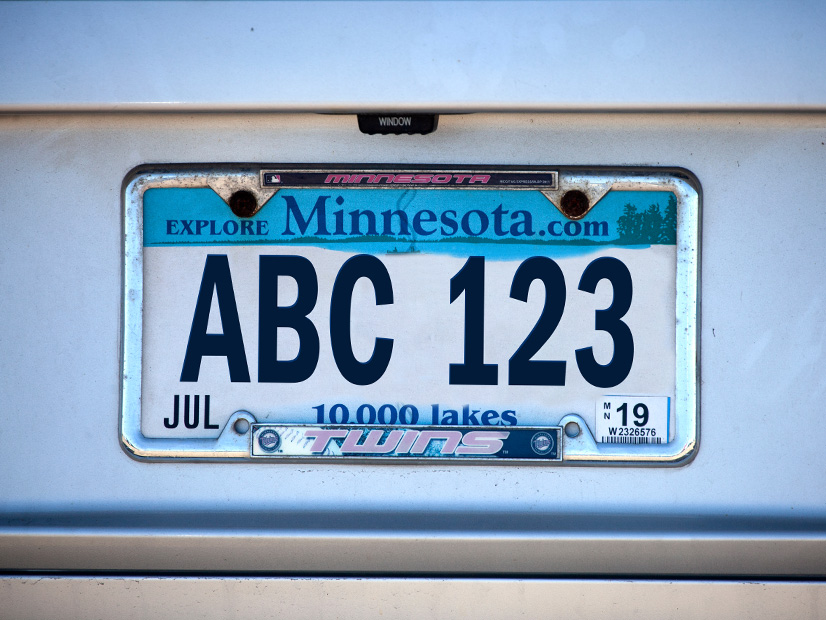Horse trading isn’t going so well in the Minnesota Legislature’s final week of the 2021 session.
Disagreements between the Democratic-Farmer-Labor-controlled House of Representatives and the Republican-led Senate over new car emission standards could push budget talks into a special session.
At issue is a May 7 administrative law judge’s ruling that allows the Minnesota Pollution Control Agency (MPCA) to adopt new regulations and emission standards requiring automobile manufacturers to deliver more electric vehicles and hybrids to Minnesota auto dealers.
State Sen. Bill Ingebrigtsen, chair of the Environment and Natural Resources Finance Committee, put it bluntly in a public virtual committee meeting on Monday.
“I’ve made it very clear that we’re not going to move forward on this unless our stand is acceptable,” he said.
The Minnesota legislature’s last day of the 2021 session is May 17.
The focus of the meeting was Senate File 959, an environment and natural resources appropriations bill, authored by Ingebrigtsen and fellow Republican Sen. Carrie Ruud.
The Senate refused to concur with House amendments in April, and the bill — which would fund the MPCA, state parks and other environmental programs — has been in the conference committee ever since. Monday’s meeting drew some heated debate over the clean cars issue, including from MPCA Commissioner Laura Bishop, who defended the ALJ’s ruling.
“It says the MPCA … has the statutory authority to adopt the proposed rules,” Bishop said. The agency “complied with all the procedural requirements of law and rule. … We’re very pleased that the administrative law judge agreed with our process and recommended in it that we move forward.”
Gov. Tim Walz (DFL) proposed stricter car emission standards in September 2019, even as President Donald Trump fought California’s standards for low- and zero-emissions vehicles. Thirteen other states had already adopted the California model. But Minnesota Republicans have often voiced strong opposition to adopting California’s standards, saying the state’s rural counties have limited EV infrastructure and residents remain skeptical of EV driving distances.
Scott Lambert, president of the Minnesota Automobile Dealers Association, objected immediately to the May 7 ruling.
“We are not surprised by the administrative law judge’s ruling today,” Lambert said in a press release. “We still maintain that the Minnesota Legislature should be involved in this policy decision. …
“Moving forward with this divisive policy makes zero sense. The Biden administration is working to create stronger federal emissions standards. The Walz administration should wait instead of deciding to follow California into a complete ban on the sale of gas-powered vehicles.”
Sen. Justin Eichorn (R) referenced automobile dealers’ concerns during the meeting and criticized Bishop as well.
“The dealers have a legitimate concern,” Eichorn said. “Just to say they are fearmongering is a little inappropriate, commissioner. I haven’t heard a single dealer say that this is good.”
Bishop countered that her agency and state officials have had numerous meetings with dealers, “and we have been building out the infrastructure.” The commissioner’s tone heightened as she argued that a potential three-year delay in moving on tougher clean car standards is not in the state’s best interests.
“That would mean three full years before Minnesotan consumers would see increased vehicle choice that they’ve been demanding,” Bishop said. “Three full years of not supporting Minnesota’s growing EV manufacturing jobs and technology; three full years of sitting on the sidelines as other states benefit from latest innovations from the auto industry that has invested hundreds of billions of dollars into electric and clean vehicles; and three full years where Minnesota’s environment and climate will not see the benefits of these standards.”
Rep. Kelly Morrison (DFL) argued that the MPCA is the right agency to deal with car emissions standards and the administrative law judge’s ruling affirmed that role.
“If they don’t have authority over vehicle emissions that cause pollution, I’m not certain what their role is,” Morrison said. “This is settled science that we have to be addressing greenhouse gas emissions. We need to be bringing them down to address climate change. This is something that has to happen.”
Rep. Rick Hansen (DFL) said the standards will have a direct health impact, and the ruling addresses environmental justice. “We draw a different conclusion than the Senate,” he said. “This is needed.”
Hansen criticized Republicans and Ingebrigtsen’s political posturing in holding up budgetary bills with the looming May 17 legislative deadline.
“The Senate offered today that they will hold up these budget bills unless they get their way on the clean car standards,” Hansen said.
But Ingebrigtsen got in the final word. “I do not accept the fact that I’m holding up anything at all. We have to compromise. Please send forward a meaningful offer.”
The joint Senate-House conference committee is scheduled to meet again Thursday in hopes of a compromise. An ongoing deadlock on the clean cars emissions standards could force the legislature into a special session.






